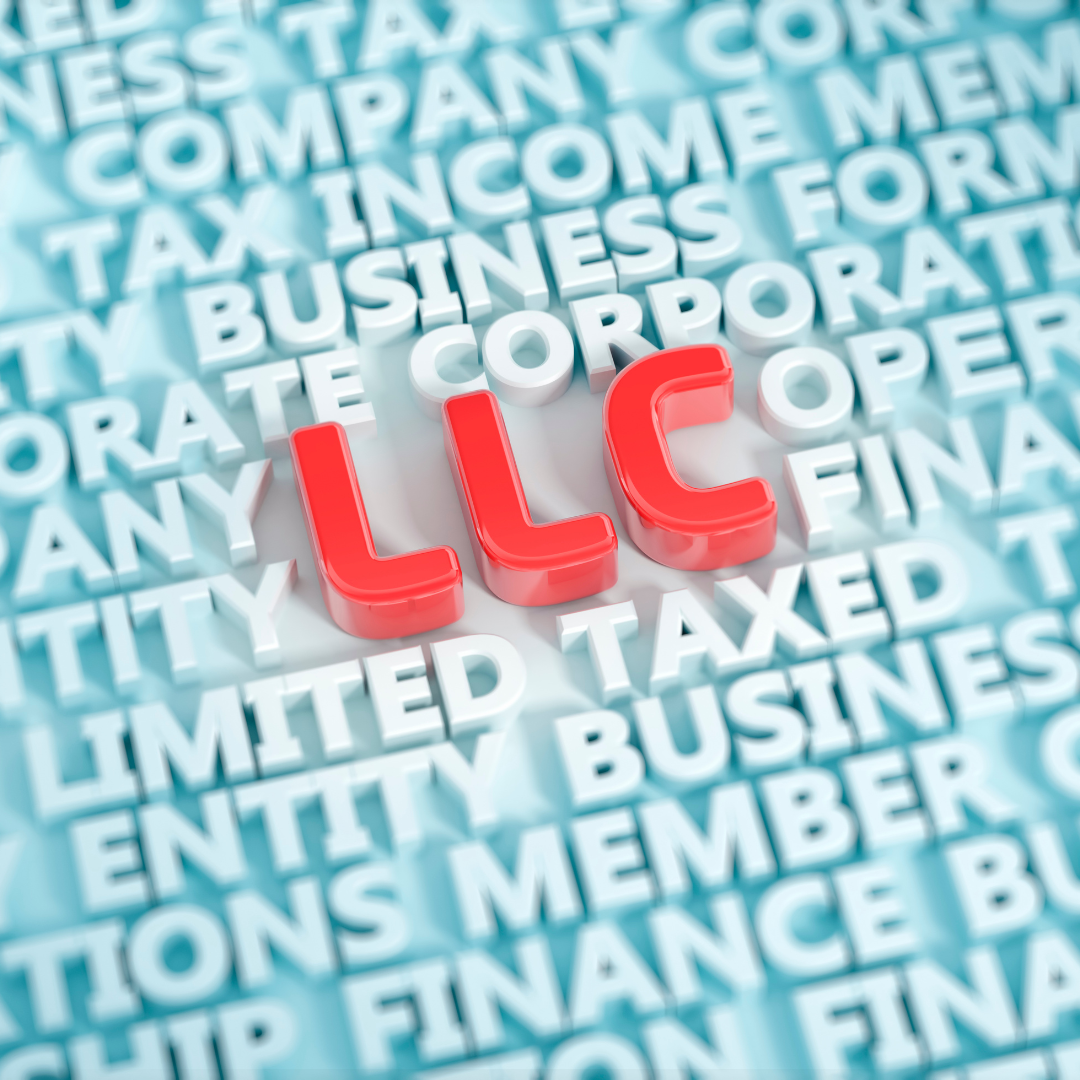Whether you're just starting a business or have been operating one for years, understanding how to protect your personal assets is crucial. One of the most effective tools for shielding yourself from liability is the limited liability company (LLC). However, while forming an LLC provides a significant layer of protection, that shield can be lost if the LLC is not properly managed.
This blog will explain how LLCs work, what the legal concept of “piercing the corporate veil” means, and why you should avoid putting certain assets—like your personal residence—into an LLC.
What Is an LLC and Why Is It Important?
A limited liability company, or LLC, is a legal entity designed to separate your personal assets from your business assets. This separation is important because it means that if your business is sued, only the assets owned by the LLC are at risk—not your personal savings, home, or other private assets. Without an LLC, your business would operate as a sole proprietorship, leaving your personal assets fully exposed to creditors in the event of a lawsuit.
Question: What exactly does the LLC protect?
An LLC protects its members by creating a legal distinction between the individual owners (or members) and the business itself. If the LLC is properly managed, only the company's assets are at risk in a lawsuit. This includes things like business accounts, inventory, equipment, and any other property owned by the LLC. Your personal bank accounts, real estate, and investments remain protected.
The Risk of Piercing the Corporate Veil
While forming an LLC offers significant protection, that protection can be lost if the LLC is not managed correctly. A legal concept known as “piercing the corporate veil” allows creditors to go after your personal assets if they can prove that you have not kept your personal and business finances separate.
Question: What does it mean to pierce the corporate veil?
Piercing the corporate veil occurs when a court determines that the LLC is not being treated as a distinct legal entity. For example, if you pay personal expenses out of the LLC’s bank account or if you use your personal account to cover business expenses, the court may decide that the LLC is just a “shell” and allow creditors to pursue your personal assets in addition to business assets.
How to Avoid Piercing the Corporate Veil:
To maintain the protection offered by your LLC, it's important to follow these guidelines:
- Keep Finances Separate: Ensure that the LLC has its own bank account and that all business-related income and expenses go through that account. Avoid using personal accounts for business transactions.
- Maintain Accurate Records: Keep clear, detailed records of all business transactions. This includes bookkeeping, tax filings, and corporate minutes (if applicable).
- Document Meetings: If your LLC has multiple members, document important decisions and hold regular meetings. Keeping a paper trail of these activities helps demonstrate that your LLC is a legitimate, independent entity.
Following these steps can prevent the corporate veil from being pierced and safeguard your personal assets from business-related lawsuits.
Why Insurance Is Key for Business Protection
In addition to forming an LLC, having the right insurance policy is crucial for protecting your business. While an LLC shields your personal assets, insurance serves as the first line of defense in a lawsuit. Insurance can cover the costs of legal representation, settlements, and judgments, helping ensure that your business stays financially secure even in challenging situations.
Question: How does insurance work with an LLC?
Insurance adds another layer of protection for your business. If your business is sued, the insurance policy will cover any payouts up to the policy limits before your LLC’s assets come into play. This can save your business from significant financial harm. Without adequate insurance, even if you have an LLC, you may still face large out-of-pocket expenses for legal fees and settlements.
Speak with your insurance agent to determine what types of policies make sense for your business. Common options include general liability insurance, professional liability insurance, and product liability insurance.
Separating Valuable Business Assets for Extra Protection
Another way to protect your business is by separating valuable assets into their own LLCs. This strategy is particularly important if your business owns valuable property like real estate or intellectual property. By placing these assets into separate LLCs, you reduce the risk of losing them in a lawsuit against your operating business.
Example:
If you own a warehouse for your manufacturing business, putting both the warehouse and the operating business in the same LLC can expose the warehouse to liability if the manufacturing company is sued. By creating a separate LLC for the warehouse and leasing it back to the manufacturing company, you protect the real estate from business-related claims.
This strategy can be applied to a range of valuable assets, including patents, copyrights, and trademarks. By separating these assets from the operating business, you add another layer of protection, ensuring that a lawsuit against one part of the business doesn’t jeopardize everything.
Why You Shouldn't Put Personal Assets in an LLC
One question many people ask is whether they should put their personal residence in an LLC for protection. Generally, the answer is no. Putting your home into an LLC doesn't provide any additional protection and can actually cause you to lose valuable legal benefits, such as the homestead exemption.
Question: What is the homestead exemption, and why is it important?
In Arizona, the homestead exemption protects up to $250,000 of equity in your primary residence if you declare bankruptcy. If you transfer your home into an LLC, you lose this exemption. Additionally, there’s no business purpose for an LLC to own your personal residence, which means the LLC won’t provide any extra protection in the event of a lawsuit. Keeping your personal residence out of the LLC ensures that you retain the legal benefits of homeownership.
Protect Your Business and Personal Assets with an LLC
Forming and properly managing an LLC is one of the most effective ways to protect both your personal and business assets. By keeping your business and personal finances separate, securing adequate insurance, and considering additional LLCs for valuable business assets, you can ensure that your wealth is safeguarded from potential lawsuits.
At KEYTLaw, we specialize in helping business owners protect their assets through the proper use of LLCs and other legal structures. If you need assistance forming an LLC or ensuring that your business is properly protected, contact us today. We’ll help you understand your options and develop a strategy tailored to your specific needs.
Book a free consultation now to get started on securing your business and personal assets.


